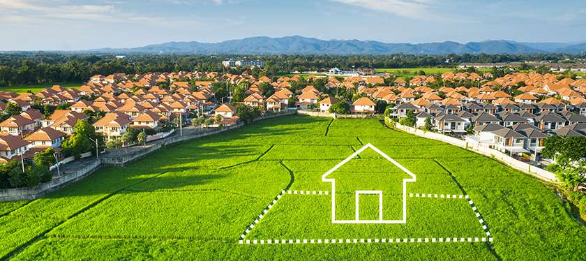In recent years, Hyderabad’s agricultural land market has witnessed significant fluctuations, largely driven by the Telangana government’s Rythu Bandhu scheme. Introduced to support farmers by offering Rs 10,000 per acre, the scheme initially spurred a surge in agricultural land transactions. However, recent developments suggest that the value of these lands is now on the decline, as changes in policy and market conditions come into play.
The Rythu Bandhu scheme, aimed at providing financial assistance for land maintenance, attracted both active farmers and investors. Landowners, whether using their property for agriculture or as a weekend retreat, benefited from the subsidy, making agricultural land an appealing investment. Some investors purchased vast tracts of land, ranging from 50 to 200 acres, while others opted for smaller plots for personal use. Despite the initial enthusiasm, the current scenario is marked by a slowdown in the agricultural land market. A significant factor contributing to this downturn is the delay in Rythu Bandhu payments. Chief Minister K. Chandrashekar Rao’s promise to increase the subsidy to Rs 15,000 per acre has yet to materialise, leaving many former buyers contemplating the sale of their properties. The absence of new buyers further exacerbates the market’s sluggishness, as interest in agricultural land wanes.
Current market conditions are unfavourable for those who viewed agricultural land purely as an investment. Investors are now facing reduced offers and a bear market, with potential buyers quoting lower prices. The anticipated policy shift under a potential Congress government, which may involve stricter eligibility criteria and financial assessments for Rythu Bandhu beneficiaries, adds to the uncertainty. Such changes could further depress land values and deter new investments. As Hyderabad’s agricultural land market adjusts to these evolving conditions, stakeholders must navigate a landscape shaped by policy uncertainties and shifting economic dynamics. The outcome will likely influence future investment strategies and the overall health of the agricultural real estate sector in the region.


